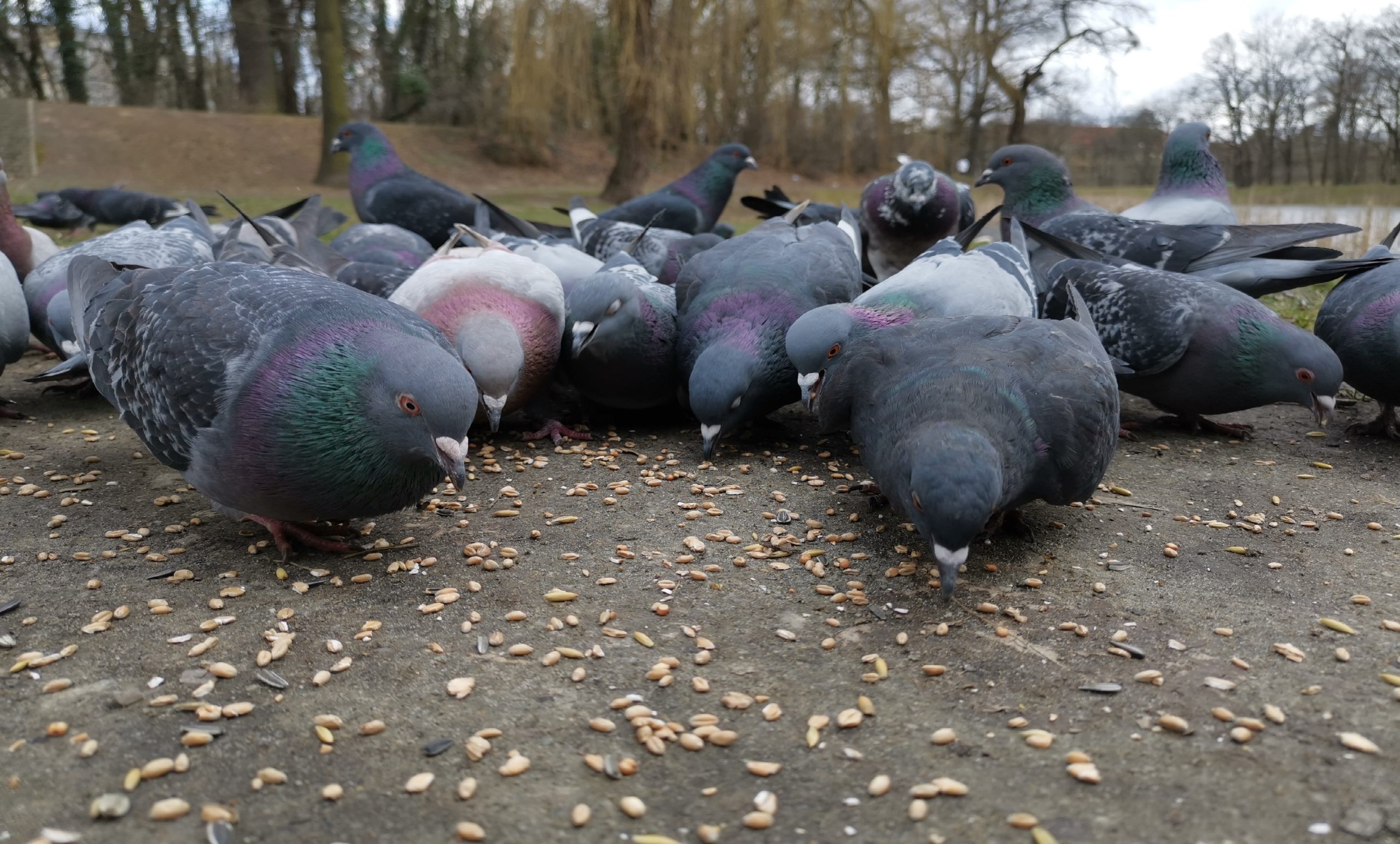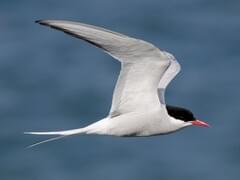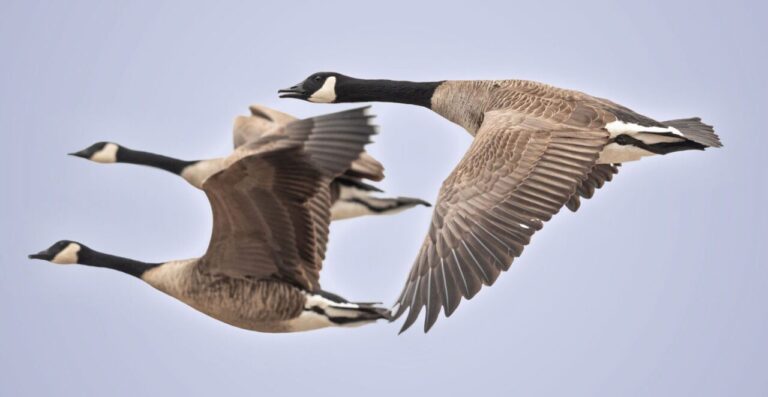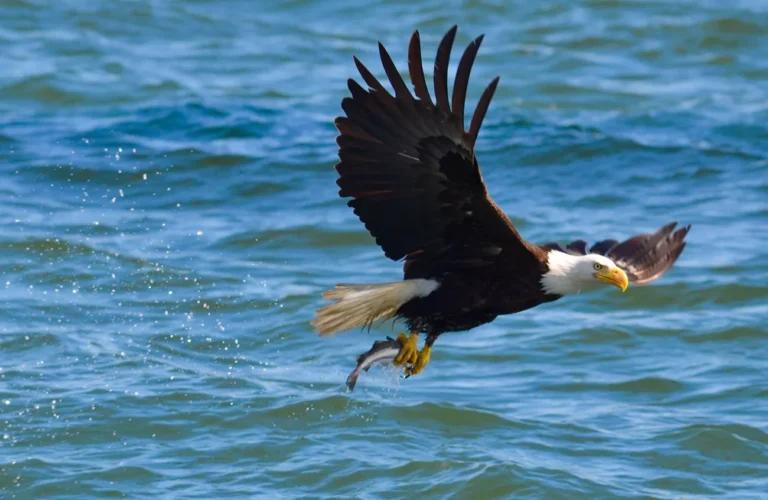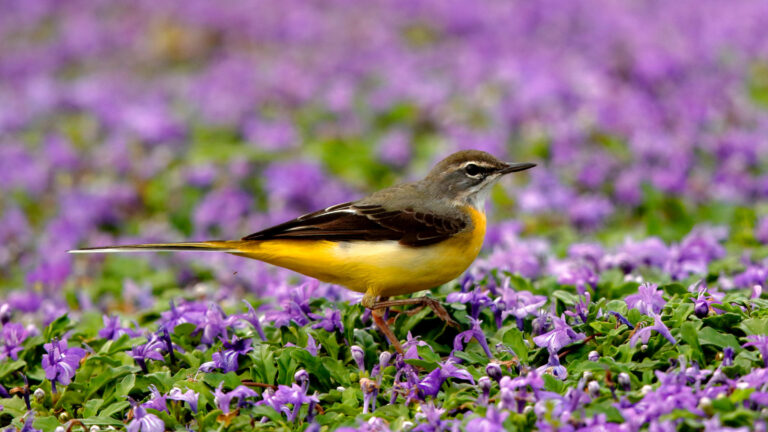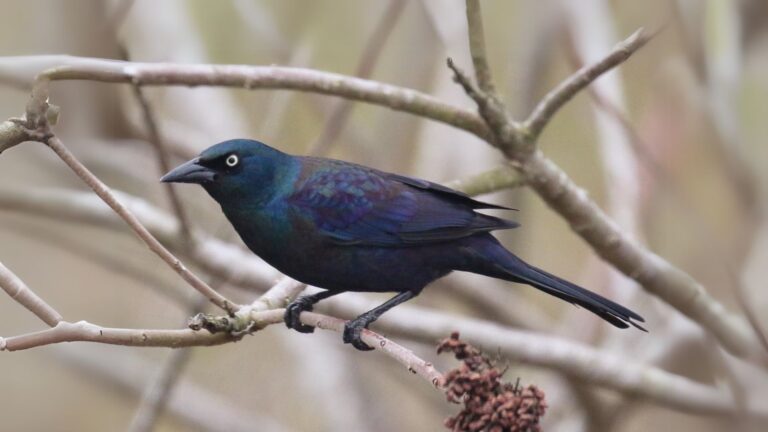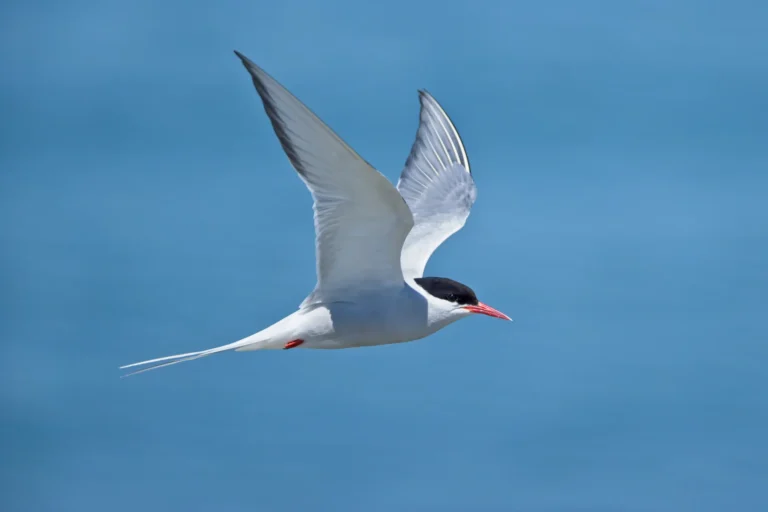What Do Pigeons Eat: Discover Their Favorite Foods and Feeding Habits
Have you ever asked yourself the question, “what do pigeons eat”? They’re not just city birds—they’ve got pretty varied tastes. Pigeons eat grains, seeds, fruits, veggies, and sometimes even small insects or worms for a meal that keeps them buzzing around.
In cities, pigeons usually grab whatever food people drop, but out in the wild, they stick to natural stuff like berries, grains, and the occasional bug. Knowing what pigeons really like can help folks feed them better, whether it’s tossing seeds in the park or just watching them do their thing outside.

Key Takeaways
- Pigeons eat all sorts of things: seeds, fruits, grains, and insects.
- City pigeons adapt and eat leftover human food.
- They need a balanced diet for good health and breeding.
Typical Diet of Pigeons
Pigeons go for a mix of seeds, grains, and sometimes insects. What they eat mostly depends on what’s around, but they do best with both plant foods and a bit of protein here and there.
What Do Pigeons Eat?
Seeds and Grains
Seeds and grains make up the core of a pigeon’s diet. They love corn, wheat, and barley—these give them the energy they need for all that flying. Lots of pigeon owners use something called pigeon mix, which is just a blend of seeds and grains like millet, safflower, and peas. Pigeons usually pick out the big pieces first (think corn kernels) and then eat the smaller seeds.
Wild pigeons spend a lot of time searching the ground for loose seeds and dropped grains. They’ll even go after grass seeds. These are easy on their stomachs and pretty nutritious. In cities, feral pigeons often snack on bread and rice, but honestly, that stuff doesn’t have the vitamins they really need.Want details on what grains and seeds pigeons like? Check out Feeding Pigeons and Doves by VCA Animal Hospitals.
Fruits and Vegetables
Pigeons aren’t picky—they’ll eat fruits and veggies too, whether they’re wild or kept as pets. Berries, leafy greens, peas, and little bits of apple or pear are all fair game. These foods add vitamins, minerals, and water to their diet.
Wild pigeons sometimes forage for berries or nibble on garden veggies. They’ll peck at lettuce, spinach, or even broccoli leaves if they find them. Still, grains and seeds should stay as their main food source.
If you’ve got a pet pigeon, you can offer chopped carrots, corn, or other safe veggies as snacks. Just skip onions, chocolate, and avocado—those can make pigeons sick.
Curious about the variety in their fruit and veggie diet? There’s more at BirdWatching Magazine.
Protein Sources
While pigeons mostly stick to plants, they do need some protein. Out in nature, they’ll eat insects, tiny invertebrates, or snails if seeds are scarce. This extra protein helps them grow and keeps their feathers in good shape.
Wild pigeons might snack on ants, beetles, or earthworms, especially when they’re raising chicks and need more nutrients. If there’s a bit of animal protein around, they’ll take it.
Pet pigeons don’t always have the same options, so keepers sometimes add peas, lentils, or a bit of egg food to the mix. That way, they get enough protein for muscle and feather health.
For tips on adding protein to a pigeon’s meals, see r/pigeon on Reddit.
Special Dietary Needs During Breeding

When pigeons breed, their diet needs a little extra attention if you want healthy birds and strong chicks. Chicks grow fast and need food that’s easy to digest.
Changes in Nutritional Requirements
Breeding season means adult pigeons need more protein and energy. A solid mix of grains and seeds is still key, but most breeders also give protein-rich foods like peas or commercial pellets. This helps with egg production and supports growing chicks.
Calcium is a big deal, especially for females making eggshells. Some folks add crushed oyster shells or mineral blocks to the diet. Fresh water is a must, and tossing in a few fruits or greens brings extra vitamins. If the diet isn’t right, you’ll see weak eggs or poor hatching, so making these tweaks really matters. More on this at breeding pigeons.
Feeding Chicks and Young Pigeons
When chicks (or squabs) hatch, they rely on their parents for food. Pigeons make “crop milk,” a soft, super-nutritious fluid that feeds the babies for their first days. It’s loaded with protein and fat to help them grow.
As chicks get older, parents start mixing in softened seeds. These are easy for the young ones to handle. People who hand-raise squabs usually use high-protein formulas. Once the babies start eating solid food, clean water is important. Keeping their diet rich and steady gives them a solid start.
What Urban Pigeons Eat

City pigeons are resourceful—they’ll eat just about anything they can find in parks, on sidewalks, or near buildings. Their menu depends on what people leave behind and whatever plants are around.
Feeding in Urban Areas
Pigeons in cities look for food in busy spots like sidewalks, plazas, parks, and lawns. They eat seeds and grains from grass, flowers, and weeds that pop up in cracks or grassy patches.
Sometimes they find food near railroad tracks or feed stores where grain spills. They’ll also go for dropped birdseed or leftover feed meant for other birds.
In spring and summer, pigeons eat berries from shrubs or snack on fruit market leftovers. They tend to thrive in places with lots of natural food and open lawns.
Some favorites in urban diets:
- Seeds from grasses and flowers
- Grains like corn, millet, and oats
- Small fruits or berries
Human Food and Its Effects
City pigeons eat a ton of people food—bread, rice, popcorn, chips, you name it. They’ll grab pizza crusts, crackers, and all sorts of street snacks. Even though pigeons can digest a lot of these foods, most of them don’t have the nutrients pigeons really need. If they eat too much bread or junk, they can end up with health problems and start depending on handouts.
Some folks feed pigeons grains, peas, or unsalted seeds, which is way better for them. Feeding them junk food, though, isn’t great for their health and can lead to more pigeons crowding up the area, which gets messy fast.
Pigeons are healthiest when they eat mostly grains, seeds, and fruits instead of just leftovers. Want more info on what city pigeons eat? Check out this page on urban pigeon diets.
Supplements and Foraging Habits
Pigeons need a few special things in their diet and have some quirky foraging habits that keep them in good shape. Grit and time spent poking around lawns or flowerbeds help them digest food and stay healthy.
Importance of Grit
Pigeons swallow grit—crushed stone or tiny pebbles—to grind up food in their stomachs since they can’t chew. Grit acts like their teeth. Without it, they’d have a tough time breaking down seeds and grains.
Many pigeon keepers put out bowls of coarse sand, oyster shell, or granite grit near the food. Grit helps digestion and gives minerals like calcium for strong bones. Pigeons that can walk around on lawns or in flowerbeds usually pick up gravel and small pebbles on their own.
Don’t give pigeons salty or artificial grit—it’s not good for them. Clean, natural grit or letting them forage outside really makes a difference for their health.
Natural Foraging Behaviors
Wild and city pigeons spend a lot of their day searching for food on the ground. They poke around with their beaks, grabbing seeds, grains, or tiny bugs hiding in the grass or tucked near flowers. Parks, lawns, and gardens? Absolute goldmines for these birds.
Urban pigeons often crowd around people handing out food, but honestly, they’ll eat whatever they find—seeds from lawns, scraps of bread, maybe some rice someone tossed out. Out in greener spots, pigeons wander through grass and poke around flowering plants, hoping to snag berries, insects, or fallen seeds.
Foraging gives pigeons a mix of foods and even a bit of grit, which helps them digest. This kind of daily scavenging keeps them occupied and covers a lot of their nutritional needs for a balanced diet. If you’re curious about the stuff pigeons actually pick up while foraging—think grains, seeds, all sorts of little bits—check out this Definitive Pigeon Food Guide.
Check out more of our informative birding tips at The Birding Collective.
